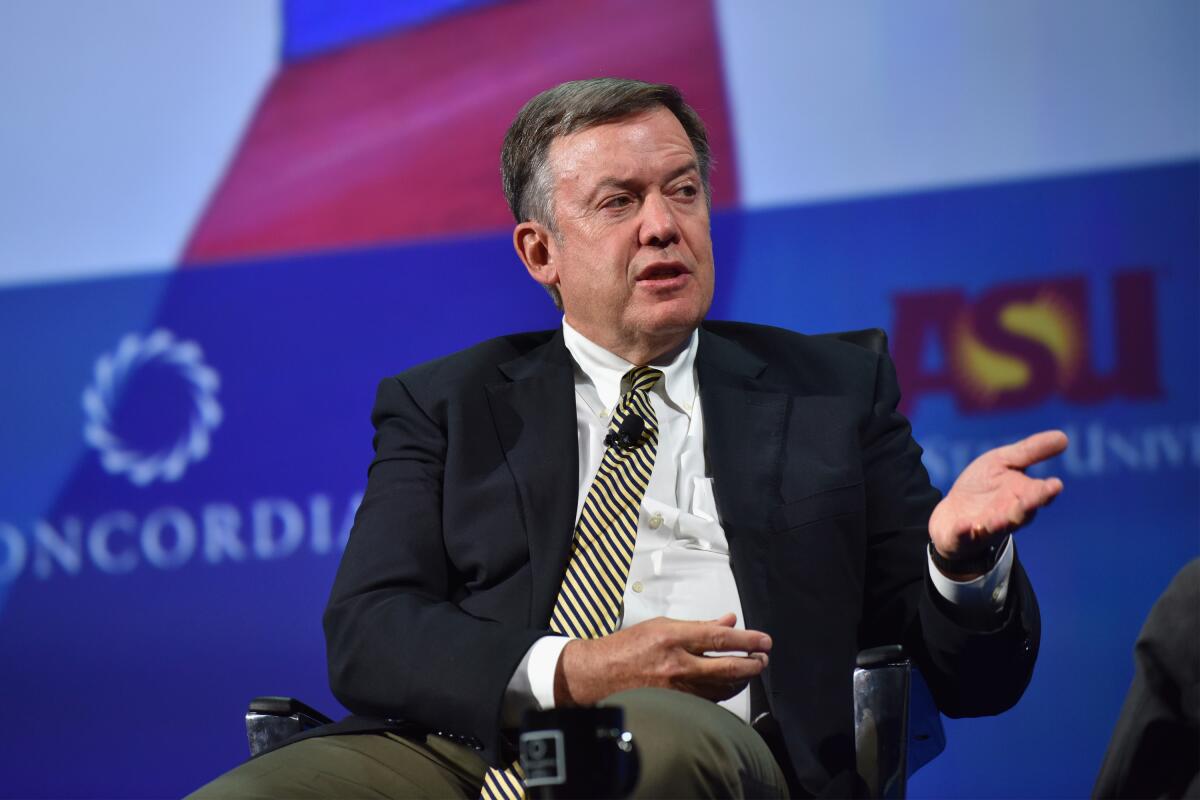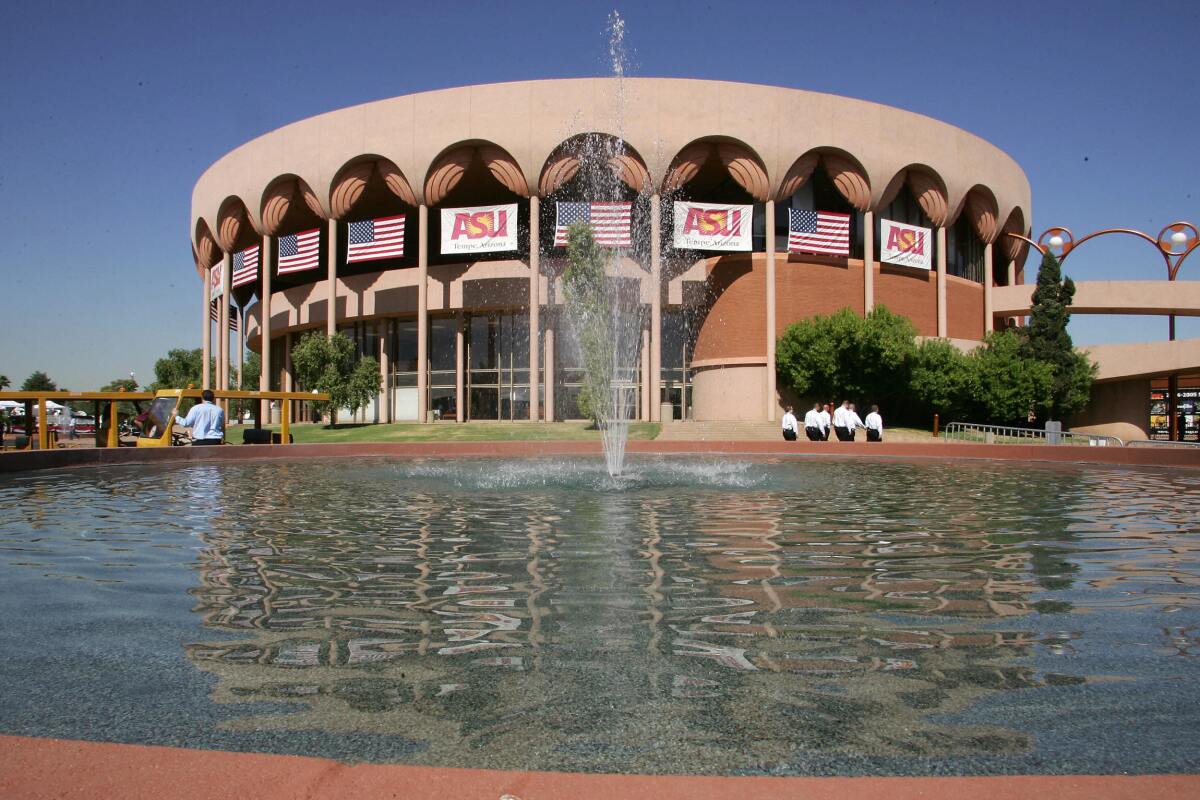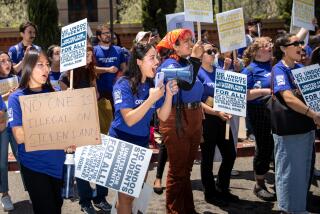Nine Chinese Arizona State University students detained at LAX and sent back. ASU demands answers

Nine Chinese students who attend Arizona State University were denied entry into the U.S. when they arrived at Los Angeles International airport last month and university officials are demanding to know why the students were sent back to China.
The students were detained at LAX by customs officials in the days prior to the start of classes on Aug. 22 and were on their way to the university’s Phoenix-area campuses, school officials said. But they were “deemed inadmissible” by Customs and Border Protection.
University officials said all the students were academically eligible to return to ASU and to the U.S. under their visas.

A representative for U.S. Customs and Border Protection said in a statement that there are more than 60 reasons a foreigner might be considered inadmissible, including health-related grounds, criminality, security reasons and immigration violations. The statement said the Chinese students were deemed inadmissible “based on information discovered during the CBP inspection,” but did not elaborate.
A representative for the State Department referred all inquiries to Customs and Border Protection.
All of the students were undergraduates and among their majors are engineering, business, and life sciences, a university official said.
ASU officials remain in contact with the students, many of whom are continuing their studies through online or independent coursework.
ASU President Michael Crow last week sent letters to the Department of Homeland Security, which has jurisdiction over Customs and Border Protection, and the State Department, requesting a review of each student’s situation and an explanation of the “standard procedures” for screening international students and their electronic devices.
“In our country, where we value due process and celebrate the different ways in which our government behaves from that of the arbitrary and capricious behavior of other nations, it is beyond my comprehension how the U.S. government could establish and implement policies that bring about the outcomes we are now witnessing,” Crow wrote.
A university official said Wednesday that Crow had yet to receive a response.
The ASU students’ denial comes as other universities are also battling the federal government’s policies and actions toward international students.
On Aug. 23 a Harvard-bound Palestinian student was turned away at Logan International Airport in Massachusetts. The student, Ismail Ajjawi, 17, told the Harvard Crimson that immigration authorities questioned him about his friends’ social media activity and his religion.
Ajjawi was allowed in on Monday, in time for the start of classes, after he “overcame all grounds of inadmissibility,” a Customs and Border Protection representative said.
In a welcome letter to students Tuesday, Harvard President Lawrence Bacow lamented the obstacles international students and immigrants increasingly face coming to the U.S.
“Various international students and scholars eager to establish lives here on our campus find themselves the subject of scrutiny and suspicion in the name of national security, and they are reconsidering the value of joining our community in the face of disruptions and delays,” Bacow wrote.
In California the UC system, which receives billions of dollars in federal money and has the most Chinese students and scholars in the U.S., is finding itself in the cross-hairs of President Trump’s trade war with China. Campuses from San Diego to Berkeley have reported that Chinese students and scholars are encountering visa delays, federal scrutiny over their research activities, and new restrictions on collaboration with China and Chinese companies.
Overall, the number of student visas issued by the State Department has declined sharply in the past three years.
The nine ASU students denied admission to the U.S. represent a tiny fraction of the university’s 13,000 international students, roughly 3,400 of whom come from China.
More to Read
Sign up for Essential California
The most important California stories and recommendations in your inbox every morning.
You may occasionally receive promotional content from the Los Angeles Times.











